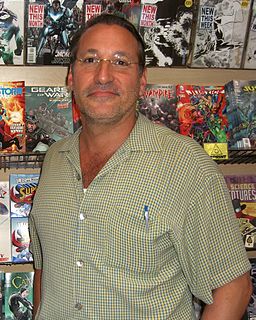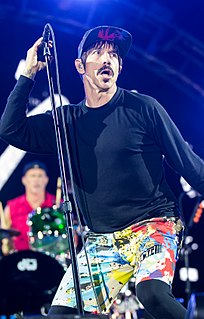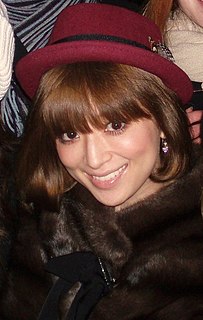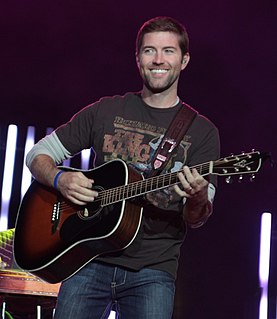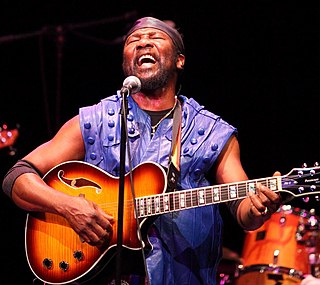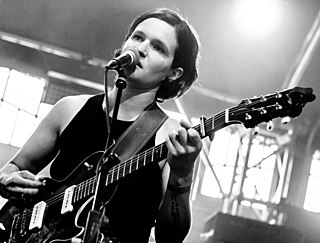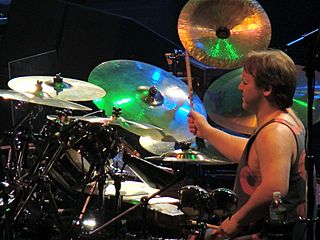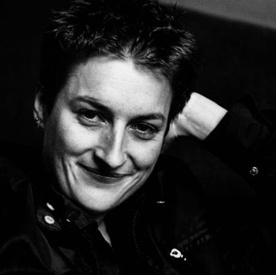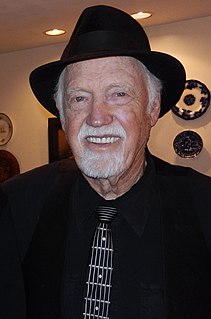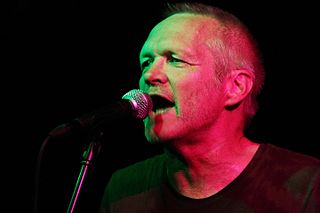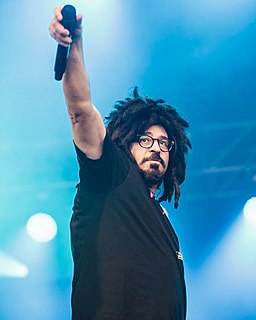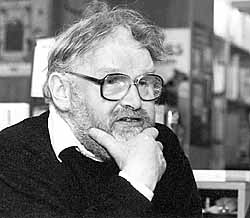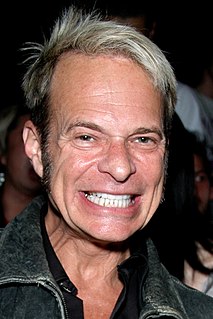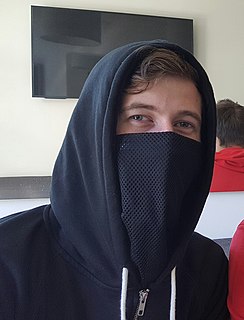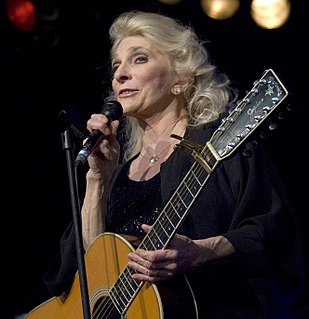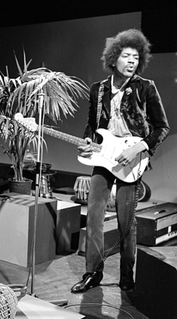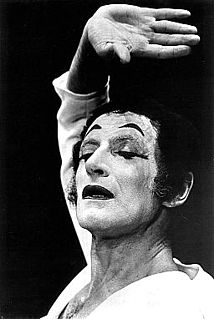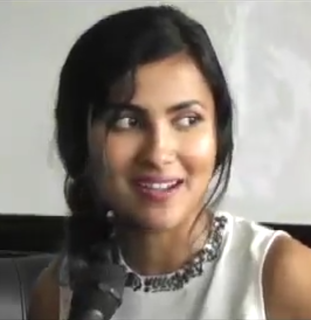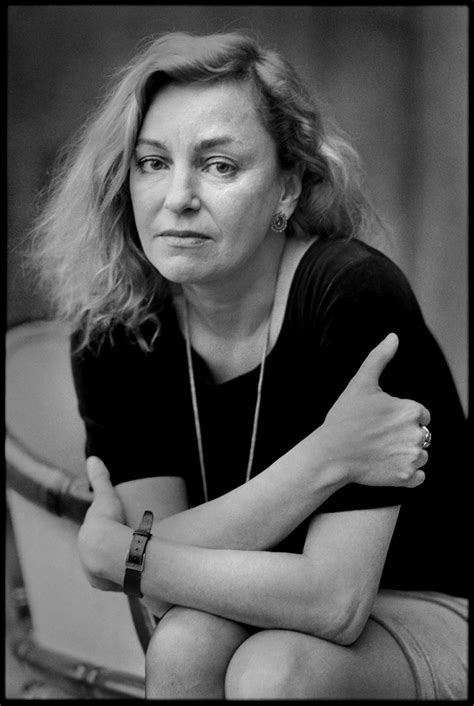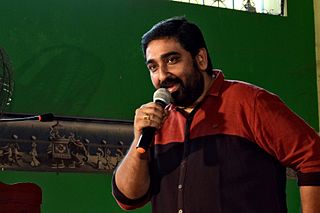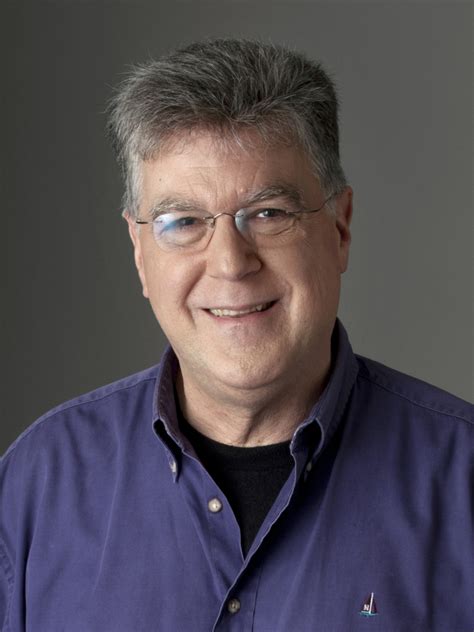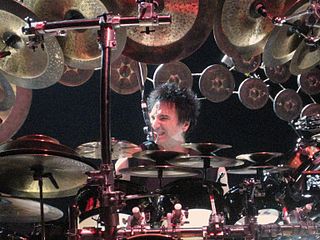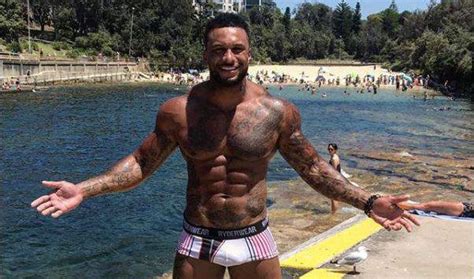Top 1200 Words And Music Quotes & Sayings - Page 2
Explore popular Words And Music quotes.
Last updated on December 21, 2024.
In the old days, people shared music; they didn't care who made it. A song would be owned by a village, and anyone could sing it, change the words, whatever. That is how humans treated music until the late 19th century. Now, with the Internet, we are going back to having tribal attitudes towards music.
I often get asked, 'Is the book dead?' It hasn't happened yet. It's different than music. Music was always meant to be pure sound - it started out as pure sound and now it's pure sound again. But books started out as things. Words on paper began as words on paper. The paperback book is the best technology to deliver that information to you.
In the 1960s, people like Bob Dylan, his music and words were a threat to the society and mainstream of the time. It shook people alive, and directly and indirectly things changed. But, as I see it, the change is never through the music alone. It's also the circumstances around the music that will cause/create the effect. And sometimes it's just strictly accidental that a piece of music becomes a form of protest.
The secret of understanding poetry is to hear poetry's words as what they are: the full self's most intimate speech, half waking, half dream. You listen to a poem as you might listen to someone you love who tells you their truest day. Their words might weep, joke, whirl, leap. What's unspoken in the words will still be heard. It's also the way we listen to music: You don't look for extractable meaning, but to be moved.
There is a lot of fun to be had when you try and fit as many words as you can within a three-minute song, but there is also a lot of fun in trying to get that message across in three words, or better yet when the music can overpower the words and convey something really pure and perfect that affects our psycho-emotional space.
I really think kids should understand that music is like learning the alphabet. You put small letters together to make words, and then you use these words to create a story, but with music. And they really need to know how to mix and match those letters and how to come up with something that is really interesting, or speak in metaphors as poets do to show us something maybe we didn't think about.
I had composed songs, I sang, and played the vina. Practising this music I arrived at a stage where I touched the music of the spheres. Then every soul became a musical note, and all life became music. Inspired by it I spoke to the people, and those who were attracted by my words listened to them instead of listening to my songs.



